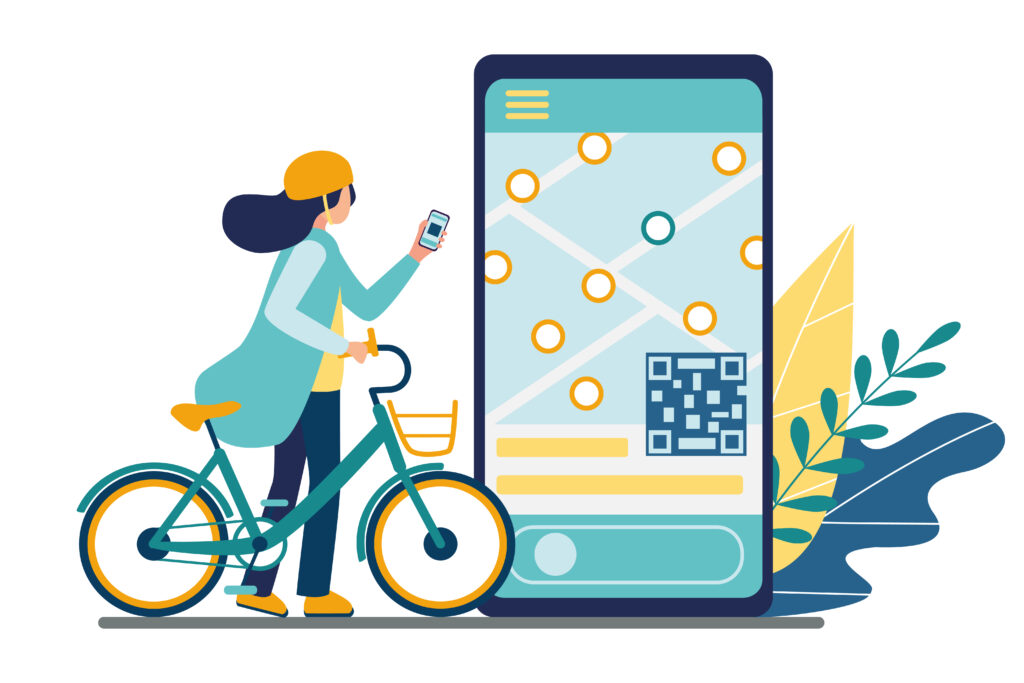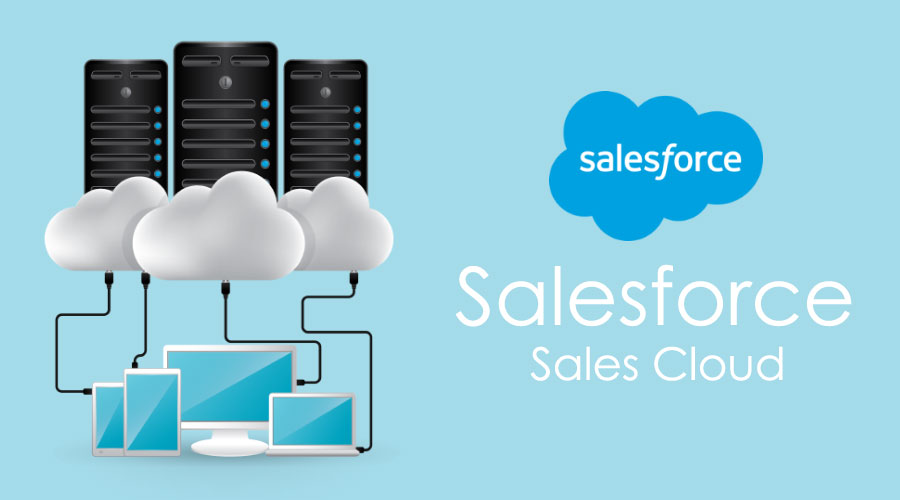Are you tired of manually managing your hotel operations? Do you want to improve your business efficiency and increase your revenue? Then, it’s time for you to consider implementing a hotel property management system. A hotel property management system is designed to automate and streamline your hotel operations, making it easier for you to manage your property, staff, and guests. In this blog post, we will highlight 5 ways implementing a hotel property management system can boost your business efficiency. From automating your reservation process to improving your housekeeping operations, we’ve got you covered. So, let’s dive in and discover how a hotel property management system can transform your hotel business.
What is a Hotel Property Management System?
A Hotel Property Management System (PMS) is an essential software system that is predominantly used in the hospitality industry to manage the operations and financial performance of hotels and other hospitality services. With the advent of technology-driven solutions, businesses operating in the hotel industry have significantly adopted hotel property management systems to streamline their day-to-day operations and maximize profitability. The features of a hotel property management system include managing reservations, room assignments, check-in and check-out times, billing, inventory management, and accounting. Additionally, some advanced PMS systems offer additional features like analytics, guest engagement, and mobile check-in. The benefits that hotels can derive from using PMS systems include increased operational efficiency, improved guest experience, better cost control, higher accuracy in financial reporting, and enhanced data security. With the multiple benefits that come with it, it’s no surprise that a hotel PMS has become an indispensable tool in running a profitable hotel business in today’s digital age.
A hotel property management system (PMS) is an essential tool in running a hotel efficiently. One of the key features of a PMS is its ability to make reservations for guests. This means that guests can book their rooms online or over the phone, and the system will store their information securely. Additionally, a PMS can manage housekeeping schedules, ensuring that rooms are cleaned and prepared for guests in a timely manner. Front desk operations are also made more manageable with a PMS, allowing for smoother check-in and check-out processes. Another major benefit of a PMS is its ability to track occupancy rates, making it easier to predict demand and plan accordingly. Finally, a PMS can manage pricing, automatically adjusting rates based on demand and other factors. Overall, a hotel PMS can streamline operations and improve guest experiences, making it an invaluable tool for any hotelier.
Next, it is evident that hotel property management systems have emerged as a revolutionary solution for improving operational efficiency and increasing the profitability of hotels. The diverse features offered by these systems, such as online booking, real-time inventory management, analytics tools, accounting integrations, and marketing capabilities, are designed to streamline hotel operations and provide an enhanced guest experience. The use of hotel property management systems can help hoteliers automate tedious tasks, reduce human error, and allocate resources more effectively. Through this, hotels can reduce operational costs, optimize their revenue streams, and improve their overall performance. In conclusion, investing in a hotel property management system could be one of the most significant steps a hotelier can take to elevate their business operations and boost their bottom line.
Benefits of Implementing a Property Management System
A hotel property management system is software that has a range of features to help hotels of all sizes manage their daily operations. One of the main benefits of a property management system is its ability to provide a more efficient way of managing staff across all departments. This, in turn, leads to better staff productivity and a higher level of guest satisfaction. The system allows for integrated scheduling and automated payroll, which eliminates unnecessary paperwork and manual errors. By having all the information stored in one central database, the hotel staff can access real-time data on room occupancy, rates, and guest preferences. This enables them to provide personalized services and anticipate the guests’ needs. In conclusion, implementing a hotel property management system is a wise investment that can significantly streamline daily operations and improve guest satisfaction.
In the hospitality industry, it is essential for hotels to maximize their revenue potential. This is where a Hotel Property Management System (PMS) comes into play. One of the significant advantages of having a PMS is the visibility it provides into inventory levels and pricing. This makes it easier to forecast demand and occupancy levels accurately. By having accurate data available, hoteliers can implement effective pricing strategies that lead to increased profits. With a PMS, hotel staff can quickly monitor availability and pricing changes in real time, allowing them to make informed decisions on how to price rooms and packages. The system also helps hotels monitor the competition’s pricing trends, enabling them to adapt and remain competitive in the market. Overall, a PMS is an indispensable tool for hotels to maximize their revenue potential in a dynamic and ever-changing hospitality industry.
Thus, it can be concluded that hotel property management systems are an indispensable tool for hotels striving to enhance their operational efficiency and customer experience. Among the many features offered by these systems, online booking capabilities and automated check-in processes have proven to be particularly beneficial. With these features, hotels are able to streamline their guest experience and provide a more convenient and hassle-free booking process. As a result, hotels can expect to see higher customer satisfaction ratings and a greater likelihood of repeat business. Ultimately, investing in a hotel property management system is not only a wise financial decision, but a strategic move that can greatly benefit any hotel looking to improve its overall operations and customer experience.
What to Look for When Choosing a Property Management System for Your Hotel
When it comes to hotel property management systems, it’s crucial to select the right one that suits your hotel’s requirements. Before choosing a PMS, you should first consider the core features that you need and the benefits they offer. The right PMS should offer features like real-time room availability, guest profiling, inventory management, and rate management. These features ensure that you can manage your hotel efficiently and effectively, making the guest experience seamless and delightful. A benefit of having an excellent PMS is that it can help you increase revenue through better inventory controls and pricing strategies. Furthermore, an excellent PMS can provide you with insights and analytics that enable you to make informed decisions about your hotel’s operations. With these benefits in mind, it is essential to choose a PMS that is easy to use and intuitive, which will save time and effort in training your staff. Ultimately, selecting the right PMS for your hotel can help you deliver exceptional guest experiences, increase revenue, and improve operational efficiency.
When it comes to hotel property management systems (PMS), there are several key features that can make or break a hotel’s success. A reliable PMS should offer a variety of features such as housekeeping management, reservations management, property accounting and reporting, POS systems integration, guest services customization, and around-the-clock guest support. These features allow for efficient and effective management of the hotel’s operations and provide an exceptional customer experience. Housekeeping management can help keep track of room cleaning and maintenance schedules, while reservations management ensures accurate booking processes. Property accounting and reporting provide financial insight and analysis, and POS system integration streamlines payment processes. Customizable guest services allow for a personalized touch and improved satisfaction, while 24/7 guest support ensures any issues can be resolved promptly. Overall, having a comprehensive and well-rounded PMS can greatly benefit a hotel, and these key features should be considered when choosing a system.
Also, it is essential to note that investing in a reliable PMS is vital to the success of any hotel business. With the numerous features and benefits that come with these systems, property managers can focus more on improving the overall guest experience, managing reservations, housekeeping, and other critical operations that ensure customer satisfaction. An efficient PMS can help hotel operators streamline their processes, reduce errors, and increase productivity, which translates to improved revenue growth. Therefore, understanding the features and benefits of a PMS is crucial for any hotel manager looking to take their business to the next level.
Tips for Optimizing Efficiency with a Property Management System
Hotel property management systems are becoming increasingly popular in the hospitality industry due to their ability to streamline processes and reduce effort for hotel staff. These systems offer a wide range of features that can automate many tasks and simplify operations. One of the most notable benefits of these systems is the ability to simplify check-in and check-out procedures. With the use of a PMS, hotels can automate tasks like sending confirmation emails or generating receipts for guests, which in turn frees up staff to focus on other areas of the hotel. This not only saves time but also reduces the risk of errors and ensures a seamless guest experience. By leveraging the power of hotel property management systems, hotels can improve their operational efficiency, reduce costs, and provide guests with a high level of service.
Similarly, a Hotel Property Management System is a crucial element for any hotel establishment. It not only streamlines the booking process and reservations but also has practical features that contribute to enhancing the overall guest experience. With the system taking care of inventory management, hotel staff can focus more on providing top-notch customer service, which is essential for repeat business and establishing a loyal customer base. In addition, the implementation of this technology can also help to reduce paperwork and administrative tasks related to reservation tracking and inventory management, leading to efficient operations and lower costs for the hotel. Overall, a Hotel Property Management System is an essential investment that can enhance the guests’ stay and improve the hotel’s bottom line.
Wrapping up
In conclusion, implementing a hotel property management system is a game-changer for hoteliers looking to enhance their business operations and ultimately generate more revenue. From simplifying the booking process to improving customer experiences, the benefits of a hotel property management system are undeniable. With automation and real-time data insights at your fingertips, you can streamline your hotel operations and make data-driven decisions that positively impact your bottom line. So, if you want to take your hotel business to the next level, investing in a hotel property management system is a smart decision that you won’t regret.




